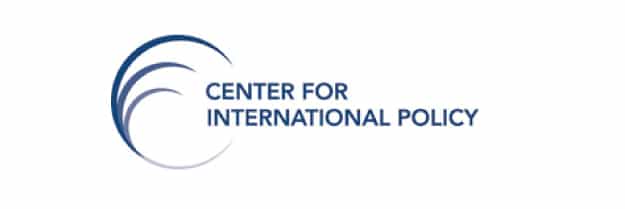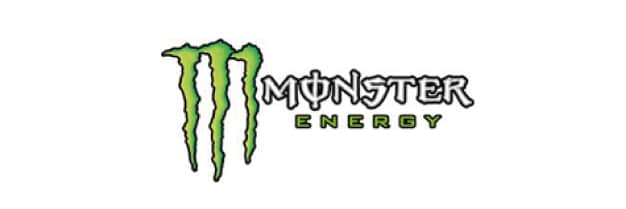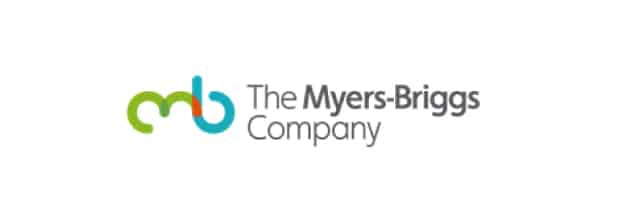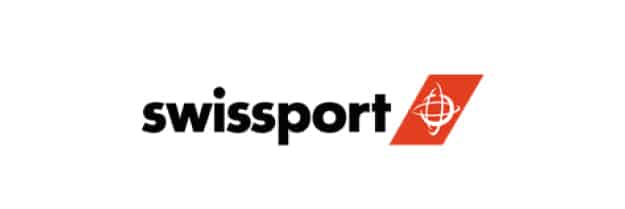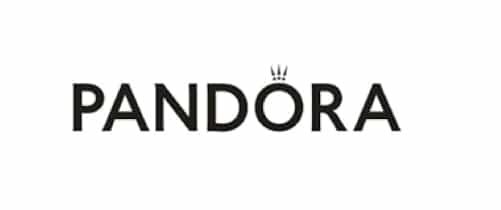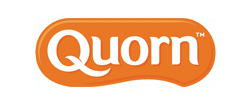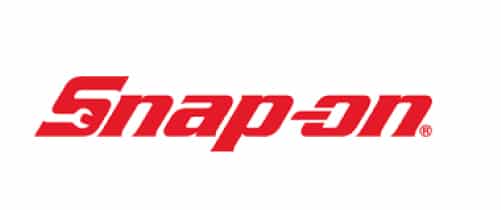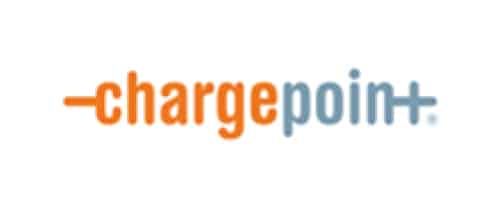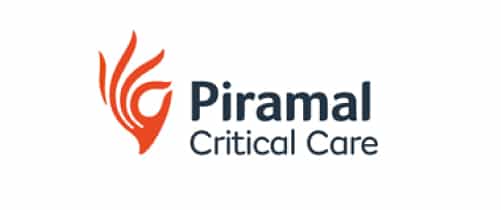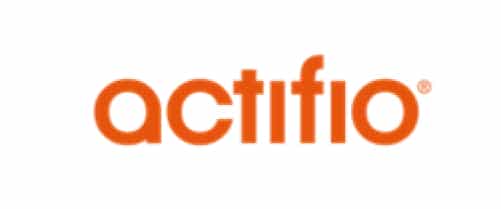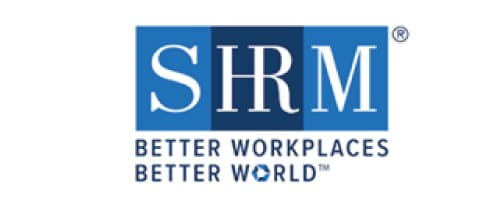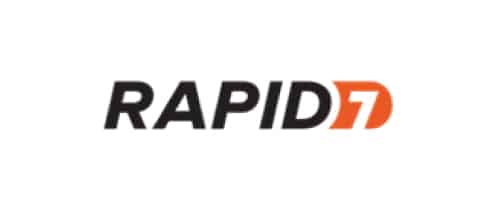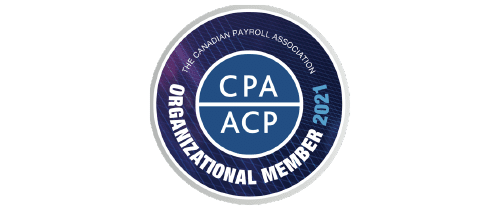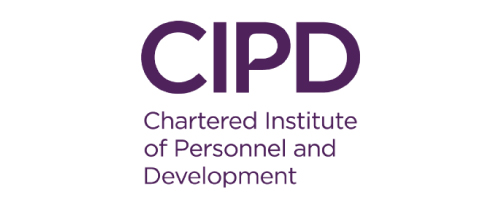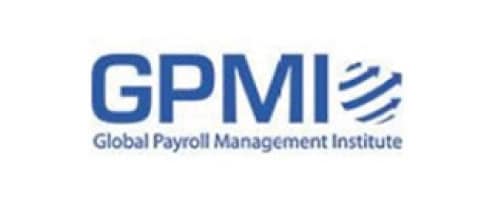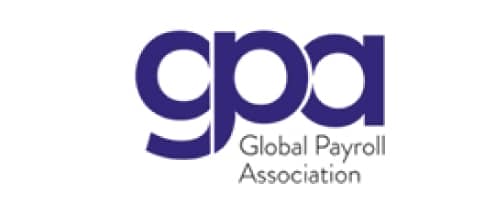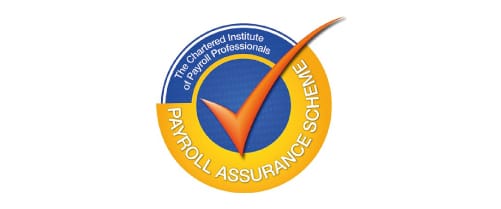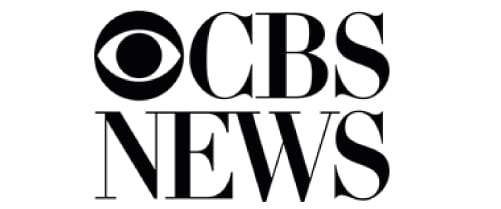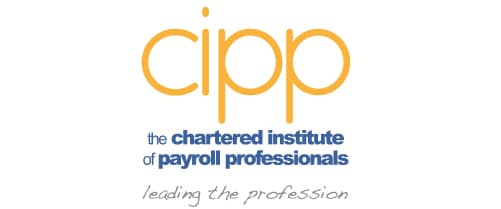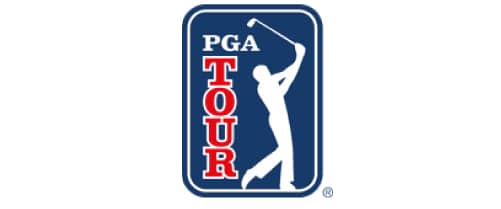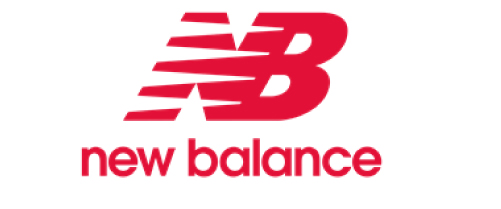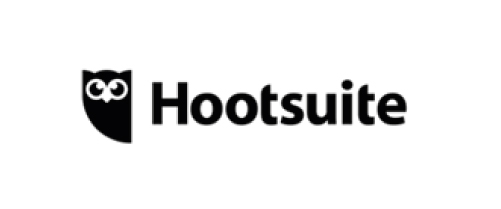Providing global payroll service to businesses in 135 countries
A French Payroll & HR Service Provider
That Speaks Your Language
IRIS Global Workforce Management simplifies the complex processes and regulations involved with French payroll and hiring employees in France. We have the knowledge, experience, and manpower to ensure your French employees get paid on time, every time.
Comprehensive HR and Payroll Coverage
France has some of the most complex payroll and labor laws, and you need expert guidance to manage their complex legislation correctly. IRIS will support you in becoming and remaining compliant with all legislation and will even help in navigating cultural expectations.
Our team of in-country experts are here to partner with you and support your global business.
-
Employer Payroll Taxes
We eliminate the complications of managing employer payroll and taxes in France by providing comprehensive coverage. With our payroll and tax support, you can rest assured that your French employees are receiving accurate pay and benefits while complying with all French regulations.
-
Recruiting and Hiring
Finding the right employees can make all the difference for your company. That’s why we handle attracting, recruiting, and hiring employees in France. We want to help you put your best foot forward and attract the right talent to help your business grow and cover all aspects of the hiring and onboarding process.
-
Employment Law Compliance
French employment laws are strict and being non-compliant with them can lead to serious fines, penalties, and legal consequences. IRIS Global Workforce Management ensures that you are compliant with all regulations. If there is ever an audit or issue around compliance, we take full responsibility for the investigation and help you at every step.
-
Global Payment Services
Your employees deserve to be paid on time without having to worry about currency exchange rates or extra international fees. IRIS streamlines international payments, making it easy for you to pay your employees without any extra fees or charges.

Ready to talk to a French payroll and HR expert?
Our international team is ready to talk to you about your unique payroll requirements and your goals for globalization moving forward. Fill out this form and we’ll get in touch with you within 24 hours.
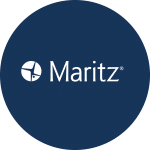
90,000 customers rely on us to handle their global payroll and HR
Information about France
Doing Business in France
Expanding to France can open the door for your company in Europe and puts you in good company. Over the past five years, France has attracted the most foreign investment in Europe, and presents a good opportunity for growth and success. Among the country’s main exports are:machinery, vehicles, pharmaceuticals, and perfumes & cosmetics.
After World War II, France grew to become an international hub of business and economics. With its ties to Germany, Italy, Spain, the UK, and the Netherlands, France served as a central place for trade and commerce.
Business owners who choose to expand to France are faced with some of the most complex payroll, tax, and HR regulations, paired with the unique nuances of French culture and style. To correctly navigate through those complexities and avoid fines and fees, you need an international specialist as your partner. That’s where IRIS’s comprehensive HR and payroll services can help.
Employee Payroll Taxes in France
French employees are subject to payroll taxes that must be correctly withheld and reported by employers. Non-compliance with these regulations will result in fines, fees, and potential legal action. As a bare minimum if you are looking to expand to France you should be aware of French social security (la Sécurité sociale or la Sécu) and French pension (retraite de base).
Employers are also expected to withhold and remit income taxes based on employees’ gross pay. French tax brackets are complex and are determined on a progressive scale. This scale ranges from 0% tax up to 45% depending on the total household income and family size.
IRIS provides comprehensive coverage for all of your French employees, ensuring that payroll tax calculations are done correctly every time, no matter how complex they might be.
Work Contracts in France
In France a formal job offer must include an official employment contract (“contrat à durée indéterminée,” or CDI). This contract serves as the foundation of the professional relationship, outlining the workplace responsibilities of the employee, the benefits, and compensation.
A CDI is required for a long-term full-time position, but there are also contracts for temporary workers, apprenticeships, work-study contracts, interim contracts, and part-time contracts. While there are some similarities between contracts, each type has unique criteria that need to be included.
Writing a French employment contract is complex, but with IRIS, we’ll handle it for you. Our international team of experts will create the contract you need and manage the translation of it, ensuring that all necessary elements are included.
Employee Benefits in France
French citizens are entitled to a long list of workplace benefits. As you expand to France, it’s important to remember that these standards are the lowest possible offer a company must provide, and most companies offer additional benefits to be competitive in the market.
Common French benefits include:
- Life insurance (prévoyance) for all managers. If the company does not provide life insurance and there is an accident that results in injury or death, the employer is required to pay out the family three times the annual social security ceiling.
- Public transportation – If your employees need to commute to work, employers must cover 50% of the employees’ expenses for public transport in their commute.
- Profit sharing
- Termination indemnities
In addition to these benefits, there are a few common laws that some employers would see as benefits, like France’s 35-hour workweek, maternity leave that can be extended to up to 26 weeks (roughly 6 months), paternity leave, and five weeks of mandatory PTO every year.
IRIS helps track and manage those benefits, ensuring you are compliant with all French regulations.
Doing Business in Paris
The City of Light is known for being a global capital of fashion and cosmetics, but it also is a major city for cybersecurity, aeronautics, fintech, health tech, and renewable energy. Expanding to Paris is a major step for any company, but it’s a major investment that needs to be managed correctly to get the best results.
Like other international cities like New York, Paris has business districts where similar companies and industries are gathered together. When you expand to Paris, it’s important to make sure you are located in the right area.
Doing Business in Marseille
As the oldest city in France, Marseille is a port town in southern France that sits on the crossroads of trade between Africa, Europe, and the Middle East. Sitting on the Mediterranean Sea, Marseille provides your company with simple and direct access to an international supply chain.
While Marseille is an old city that can feel like you are stepping back in time as you wander the streets, it is simultaneously pushing cutting-edge technology and supporting small and medium-sized businesses that are starting to break out and be innovative. It is dedicated to creative and digital industries and is always trying to help inspire and facilitate the entrepreneurial ecosystem.

Employer Must-Dos
In France, the following reports must be submitted to strict deadlines:
- Social Security (la Sécurité sociale)
- Pension (retraite de base)
Want more information?
If you want to know more about our HR and payroll services in France, and how we can help with your global expansion, download one of our free guides today.

HR and Payroll Services for France
Our Payroll and HR services are made up of a team of payroll professionals who are experienced with French legislation. No matter where you are looking to expand in France, we can create a bespoke service suited to your needs, goals, and requirements. Our cost-effective services include, but are not restricted to:
- Payroll Processing
- Regulatory Compliance
- Benefits Administration
- Handling of payments (salaries & social charges)
- Pension Administration
- Payroll Audit Assistance
- WebCentre Services
- Legal Entity Services
- Business Visa Applications
- Work Permit Applications
- Legal Advice/Services
- Translation Services
- Assistance with start-up (in link with lawyers)
- Monthly Master Report
- Employee Registration with German Health Insurance
- Tax advice, Bookkeeping & Accounting

Stay Compliant – HR and Payroll
Services in France
Our in-country teams of specialists will ensure you are compliant with all relevant French regulations and legislation. Let us help you with your expansion to France and further into the global marketplace.

